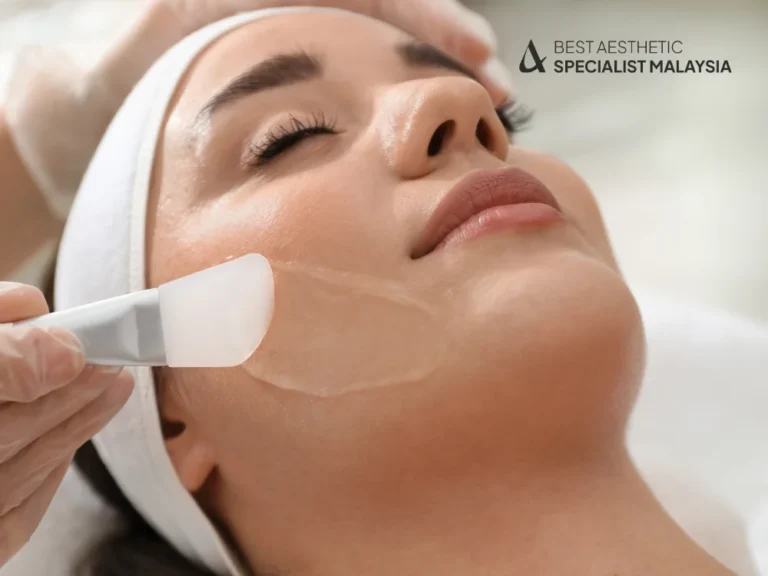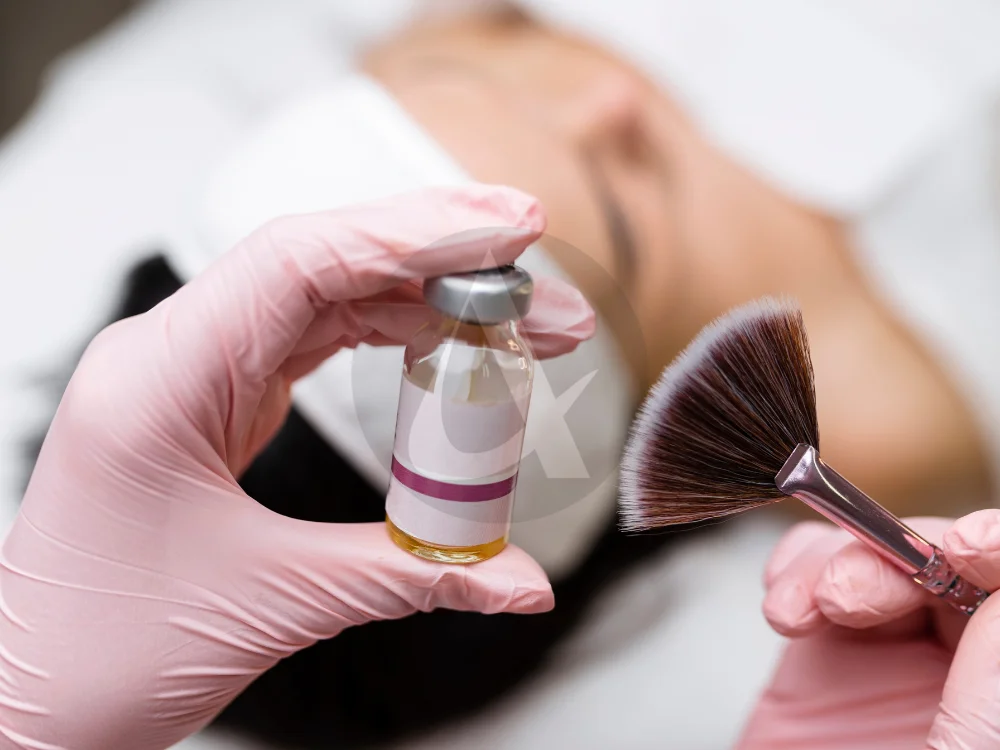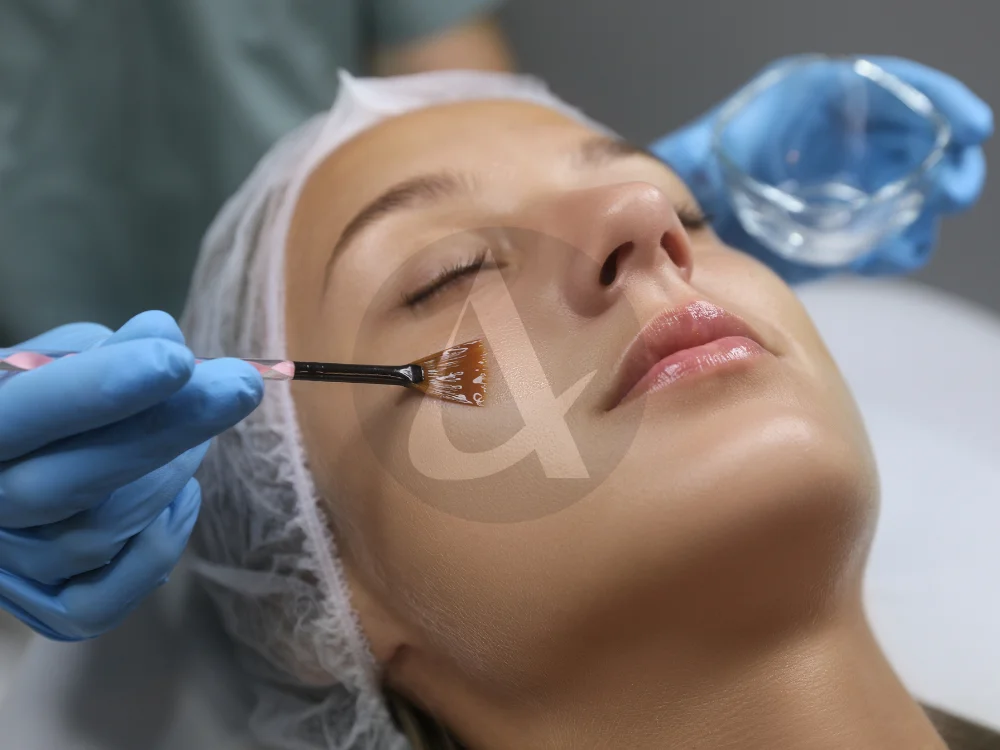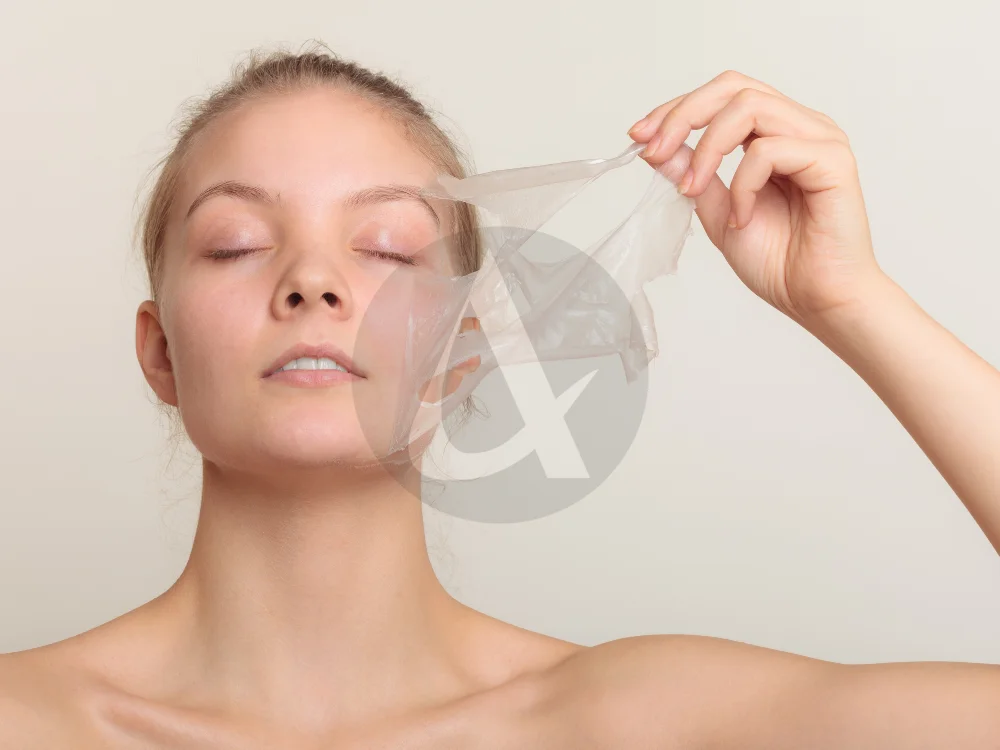Skin fading is a common concern for those dealing with issues like hyperpigmentation, sun damage, or uneven skin tone. One of the most effective treatments available is the chemical peel, which has been known to revitalize and even out skin complexion. Chemical peels work by exfoliating the top layers of skin, helping to diminish skin fading and reveal a fresh, radiant layer underneath. In this article, we’ll explore how chemical peels combat skin fading and other effective ways to achieve a more even, youthful glow.
What is Skin Fading?
Skin fading refers to the gradual lightening or dullness of skin tone, often due to factors like age, sun exposure, pollution, and lifestyle habits. Skin fading can make the complexion look tired or lackluster and is often accompanied by other skin issues such as dark spots, fine lines, or areas of pigmentation. Fortunately, advancements in skincare have made it easier to address these concerns effectively.
How Does a Chemical Peel Help with Skin Fading?
A chemical peel is a cosmetic procedure that uses a blend of acids to exfoliate and remove the outer layers of skin. The treatment varies in intensity, depending on the type of peel, but its primary purpose is to improve skin texture, reduce discoloration, and promote cell turnover.
Types of Chemical Peels
- Superficial Peels: These mild peels use alpha hydroxy acids (AHAs) or beta hydroxy acids (BHAs) to target the epidermis, the skin’s outer layer. Superficial peels are ideal for addressing minor skin fading and can be repeated often for consistent results.
- Medium Peels: Medium-strength peels penetrate deeper into the dermis and often use trichloroacetic acid (TCA) to reduce moderate skin fading. These peels are typically performed less frequently due to their strength but are effective in treating age spots and fine lines.
- Deep Peels: Deep peels reach into the lower dermal layers and are highly effective for addressing more severe discoloration and skin fading. These procedures usually involve phenol and provide long-lasting results but require a longer recovery period.
Benefits of Chemical Peels for Skin Fading
1. Brightening and Revitalizing Skin Tone
One of the primary benefits of chemical peels is their ability to brighten the skin. By removing dead skin cells and encouraging the regeneration of new cells, peels can help reduce dullness and bring back a healthy, youthful glow to the skin.
2. Reducing Hyperpigmentation and Dark Spots
Chemical peels are particularly effective at targeting areas of hyperpigmentation, a common cause of skin fading. Peels reduce the appearance of dark spots, sun spots, and acne scars by lifting the pigmented skin cells and allowing for new, even-toned skin to take their place.
3. Smoothing Fine Lines and Texture
Skin fading can sometimes be accompanied by fine lines and rough texture. A chemical peel works by promoting collagen production, which not only smooths fine lines but also improves overall skin texture, making it softer and more resilient.
4. Boosting Collagen Production
Collagen is crucial for maintaining skin elasticity and firmness. Chemical peels, especially medium and deep peels, stimulate collagen production, giving the skin a firmer, youthful look over time. This boost in collagen can also reduce the appearance of skin fading as it restores vibrancy to the skin.
5. Enhancing Absorption of Skincare Products
After a chemical peel, the skin is more receptive to skincare products, making it an ideal time to use serums and treatments for skin brightening. The exfoliated surface allows these products to penetrate deeply, increasing their effectiveness in combating skin fading.
Other Effective Treatments to Combat Skin Fading
While chemical peels are highly effective, combining them with other treatments can enhance the results. Here are some additional ways to tackle skin fading:
Exfoliation with AHAs and BHAs
Using products with alpha hydroxy acids (AHAs) and beta hydroxy acids (BHAs) at home can be an excellent follow-up to chemical peels. AHAs help exfoliate the skin’s surface, while BHAs penetrate deeper into the pores, helping to prevent acne and further brighten the skin.
Vitamin C Serums
Vitamin C is a powerful antioxidant that brightens skin, reduces dark spots, and protects against UV damage. When used regularly, Vitamin C can reduce skin fading and even out the skin tone, making it an essential addition to any skincare routine.
Retinoids for Cell Renewal
Retinoids encourage cell turnover and collagen production, making them highly effective for addressing skin fading. Retinoids gradually fade dark spots and improve skin texture when used consistently.
Laser Treatments
Laser treatments like Intense Pulsed Light (IPL) and Fractional Laser Therapy are non-invasive options to combat severe skin fading and hyperpigmentation. These treatments target melanin in the skin, effectively reducing dark spots and giving a smoother complexion.
SPF Protection
Sun exposure is a significant factor in skin fading, making daily SPF protection essential. Sunscreen not only protects against further damage but also helps maintain the results of other treatments by preventing new dark spots or discoloration.
How to Care for Your Skin After a Chemical Peel
Proper aftercare is essential following a chemical peel to ensure optimal results and avoid irritation.
- Moisturize Regularly: After a chemical peel, the skin needs hydration to repair itself. Use a gentle, fragrance-free moisturizer to keep the skin soft and prevent dryness.
- Avoid Sun Exposure: The skin is highly sensitive after a peel, so avoid direct sun exposure and use broad-spectrum sunscreen with SPF 30 or higher.
- Avoid Harsh Products: Hold off on using exfoliants, retinoids, or other strong products until your skin has fully healed to prevent irritation.
- Stay Hydrated: Drinking plenty of water can help speed up the skin’s healing process and maintain its elasticity and glow.
Are Chemical Peels Right for Everyone?
While chemical peels are effective for many people, they may not be suitable for all skin types. People with certain skin conditions, such as eczema, psoriasis, or active acne outbreaks, may need to consult a dermatologist before considering a peel. Additionally, those with very sensitive skin should start with a mild peel or discuss other options with a skincare professional.
Frequently Asked Questions about Skin Fading and Chemical Peels
1. How long does it take to see results from a chemical peel?
Results from a chemical peel can vary based on the type of peel and individual skin response. Mild peels may show results within a week, while deeper peels may take several weeks to reveal full benefits.
2. Can chemical peels cause skin fading?
Chemical peels do not cause skin fading; instead, they target and reduce uneven pigmentation. When done correctly, peels can brighten the skin, reducing any appearance of dullness or fading.
3. How often should I get a chemical peel for skin fading?
For mild skin fading, a superficial peel every 4-6 weeks is generally safe. Deeper peels are less frequent, ranging from once a year to every few months, depending on individual needs.
4. Are chemical peels safe for all skin types?
Chemical peels can be safe for most skin types, though people with sensitive skin or certain skin conditions should consult a dermatologist to avoid irritation.
5. Will a chemical peel work for dark spots and hyperpigmentation?
Yes, chemical peels are highly effective for reducing dark spots and hyperpigmentation. Peels help remove pigmented skin layers, revealing brighter, even-toned skin underneath.
6. What is the recovery time after a chemical peel?
The recovery time depends on the type of peel. Mild peels may require minimal downtime, while medium and deep peels can take several days to weeks for full recovery.
In conclusion, skin fading can be effectively treated with the right combination of skincare products and professional treatments, with chemical peels standing out as one of the most powerful solutions. By understanding the benefits and choosing a treatment plan that aligns with your skin type and goals, you can achieve a brighter, more even skin tone and maintain your radiant look for the long term.






